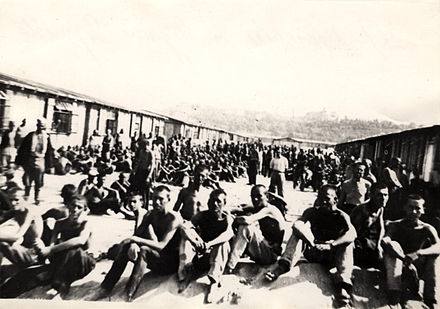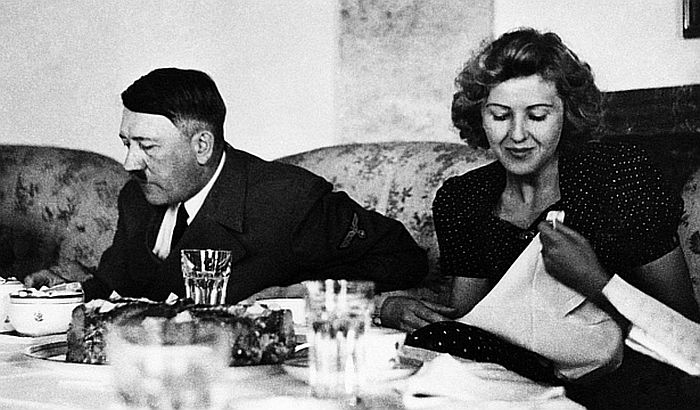
Throughout the history of the camps - Camp Sajmiste
Initially the camp was intended for Serb Jews, and later for others such as Roma, Communists, Partisans and Chetniks.
During the occupation about 8,000 Jews and 32,000 others were strangled, shot in the ovary or died in the camp itself. The camp was active from October 1941 to July 1944
The first Jewish camps in Belgrade between December 8 and 13, 1941, were 5,281. With the passing of the Jews from Banjica, Sabac, Nis, Kosovska Mitrovica, Novi Pazar, Raska, refugees from Belgrade and Central Europe, the number of camps between December 8, 1941 and the end of April 1942 reached 7,000, of which 6400 were Jews and 600 Roma.
Otherwise the winter of 1941/1942 was one of the coldest. Between December and March, 5,000 prisoners died of cold, disease and hunger.
Pavilion No. 4 was the kitchen where the food was being prepared. The daily diet consisted of water, weak tea, stale cabbage or potato stew and a little wheat bread.
The execution of prisoners was carried out in the open space between pavilions no. 3 and 4.
The Roma in the camp were brought in December 1941 when a group of about 500 Roma women with children. They were housed in Pavilion No. 2. About 60 of them died during the winter due to cold and illness.
The rest were released in January - March 1942, because through their friends and relatives they managed to obtain documents for permanent residence, that is, they did not belong to Roma nomads, The Last Roma Group was released in April 1942.








